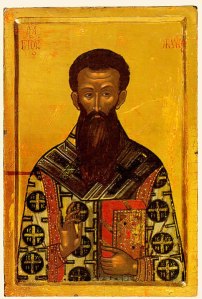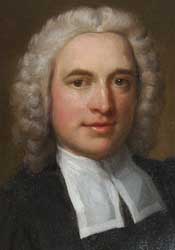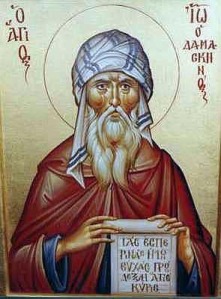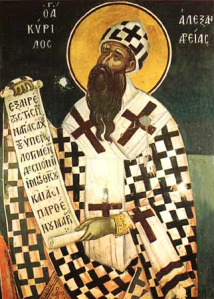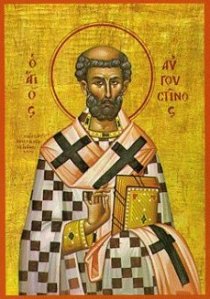 The Roman Church commends this day to us as the blessed Laurence’s day of triumph, on which he trod down the world as it roared and raged against him; spurned it as it coaxed and wheedled him; and in each case, conquered the devil as he persecuted him.
The Roman Church commends this day to us as the blessed Laurence’s day of triumph, on which he trod down the world as it roared and raged against him; spurned it as it coaxed and wheedled him; and in each case, conquered the devil as he persecuted him.
For in that Church, you see, as you have regularly been told, he performed the office of deacon; it was there that he administered the sacred chalice of Christ’s blood; there that he shed his own blood for the name of Christ.
The blessed apostle John clearly explained the mystery of the Lord’s supper when he said Just as Christ laid down his life for us, so we too ought to lay down our lives for the brethren.
St Laurence understood this, my brethren, and he did it; and he undoubtedly prepared things similar to what he received at that table. He loved Christ in his life, he imitated him in his death.
And we too, brethren, if we truly love him, let us imitate him. After all, we shall not be able to give a better proof of love than by imitating his example; for Christ suffered for us, leaving us an example, so that we might follow in his footsteps.
In this sentence the apostle Peter appears to have seen that Christ suffered only for those who follow in his footsteps, and that Christ’s passion profits none but those who follow in his footsteps.
The holy martyrs followed him, to the shedding of their blood, to the similarity of their sufferings. The martyrs followed, but they were not the only ones. It is not the case, I mean to say, that after they crossed, the bridge was cut; or that after they had drunk, the fountain dried up.
[…] Let us understand how Christians ought to follow Christ, short of the shedding of blood, short of the danger of suffering death.
The Apostle says, speaking of the Lord Christ, Who, though he was in the form of God, did not think it robbery to be equal to God. What incomparable greatness! But he emptied himself, taking the form of a servant, and being made in the likeness of men, and found in condition as a man. What unequalled humility!
Christ humbled himself: you have something, Christian, to latch on to. Christ became obedient. Why do you behave proudly? After running the course of these humiliations and laying death low, Christ ascended into heaven: let us follow him there.
Let us listen to the Apostle telling us, If you have risen with Christ, savor the things that are above where Christ is, seated at God’s right hand.
Augustine of Hippo (354-430): Sermon for the Feast of St. Lawrence (Sermon 304, 1-4, PL 38, 1395-1397) @ Crossroads Initiative.
